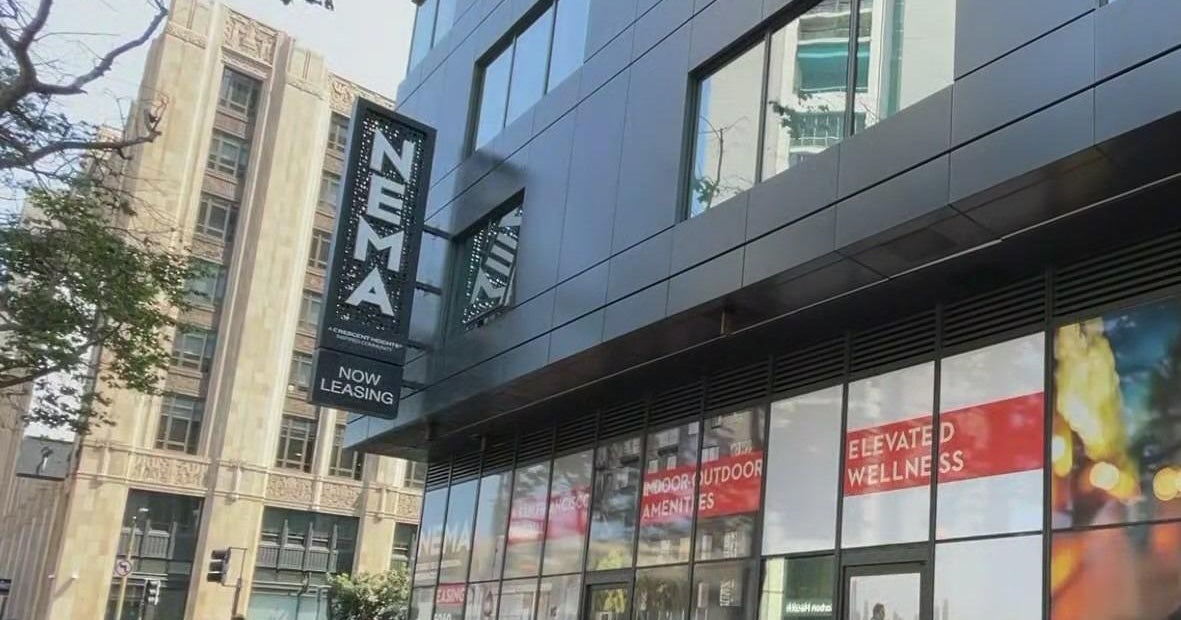Homeless encampment sweeps are just one aspect of a system not working for SF residents
A federal appeals court panel on Wednesday heard arguments over an injunction that bars San Francisco from clearing homeless encampments, an issue that has fueled debate and dueling rallies by housing advocates hailing the injunction and city residents and business owners who want the homeless tents cleared.
As the panel of the 9th U.S. Circuit Court of Appeals considered a decision on the injunction Wednesday, outside the federal courthouse crowds of people on both sides of the issue made their voices heard.
What are the practical implications of this injunction? What does it mean on the sidewalks of San Francisco? Why are people angry enough about it to show up at the courthouse at 9 a.m.? It's a story that has been unfolding for eight months, and a lot of the story can be told at the 400 block of Leavenworth.
"A fire starts and burns out the laundry," explained Randy Shaw, Director of the Tenderloin Housing Clinic "There is a large apartment building 611 O'Farrell, the tenants could have been burned out. The fire occurs, and the encampment comes back the next day. The police do nothing because they say the injunction prevents them from clearing that camp."
The fire that threatened the block was in June. The camp in which the fire started had been here for months, and KPIX cameras were on the very same block in March, as city crews were out offering services to people in those tents.
"There's more work than we can handle out here," said Mark Mazza with San Francisco's Department of Emergency Management "I just had a woman come and tell me that a tent moved from one corner to another. And we have to explain to people that right now, we've got rules we've got to work with."
Mazza was explaining how things work, under the court order. It meant the tents stayed, even as neighbors watched outreach teams come through again, and again. There are any number of reasons people might decline a specific offer. Some would prefer hotel rooms for which they're not eligible.
"It's totally BS," said Abe, who would accept a hotel room if offered one. "They go up and they want you to throw all your personal property and drop everything and go with them. And go to a dorm where they're just stacking people. It's like a mental hospital there. For real."
"You know I can't blame people for not wanting to go into a congregate shelter," Mazza said. "That's their decision."
Others will be perfectly honest that it is their addiction that is bringing them back to the streets.
"It's very weird because I'm not used to this inside environment that they're giving me," explained Phillip, living in a tent in the Tenderloin. "You know what I mean. It's like I want to be somewhere where I'm comfortable."
The result has been a kind of churn, as many of the tents lining the sidewalks are occupied by people who have been provided some kind of shelter or housing.
"The biggest thing that we struggle with is people who have somewhere to be, whether they are permanently housed in a shelter, in a hotel room," Mazza said. "And they come back out here, and they set up tents and don't clean up after themselves and block the sidewalk."
The frustration with this was on full display at the courthouse Wednesday. Some of those who showed up were the residents and business owners we've heard from over the past 8 months, people frustrated with a stalemate that means little to nothing can be done, even in the worst of circumstances.
"You know, people are starting to feel like, 'wait a second, we can intervene when there's fires started right underneath our house,'" Shaw said of the frustrations.
for more features.




